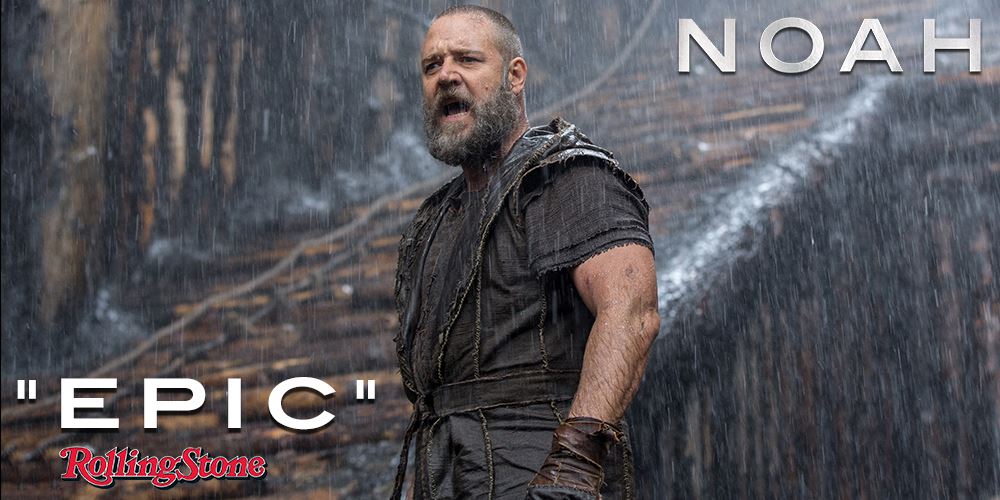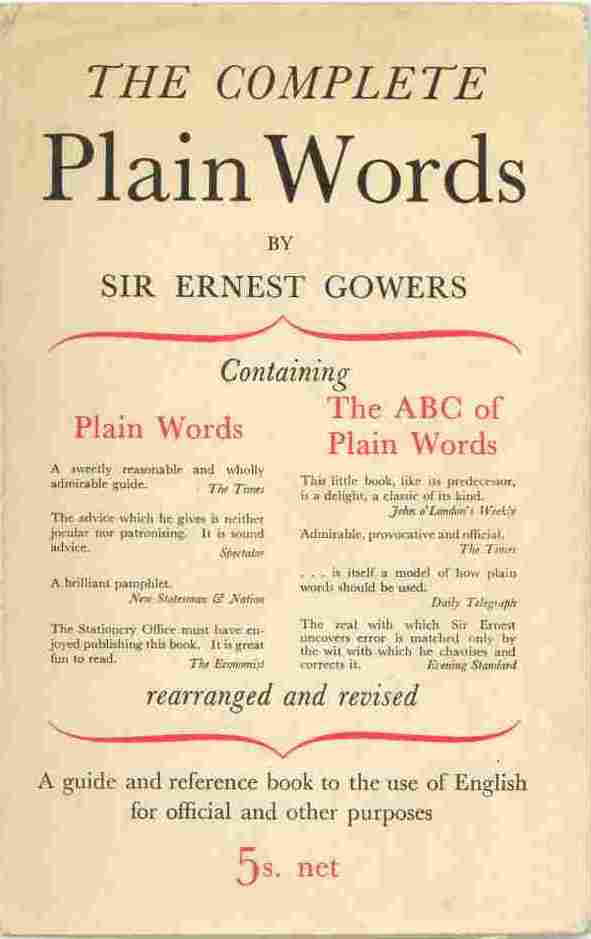EPIC: “An epic (from the Ancient Greek adjective ἐπικός (epikos), from ἔπος (epos) “word, story, poem”) is a lengthy narrative poem, ordinarily concerning a serious subject containing details of heroic deeds and events significant to a culture or nation.” – from the Wikipedia entry for epic poetry.
My oldest child is eleven, and like most Americans his age, his panoply of modifiers is limited to epic, awesome, ultimate and boss. I had no intention of covering middle school slang, but then I saw this poster:  Okay, not this poster, but one like it. Anyhow, there in bold letters is a single word excerpt from Peter Travers’ mostly positive review: EPIC. Considering Rolling Stone’s core audience, I’m sure Paramount Pictures assumed Travers meant the movie was AWESOME and BOSS, but I had different suspicions. Here is the lead sentence from the review, which confirms my cynicism:
Okay, not this poster, but one like it. Anyhow, there in bold letters is a single word excerpt from Peter Travers’ mostly positive review: EPIC. Considering Rolling Stone’s core audience, I’m sure Paramount Pictures assumed Travers meant the movie was AWESOME and BOSS, but I had different suspicions. Here is the lead sentence from the review, which confirms my cynicism:
Pick your gospel: the Scriptures or rock & roll. Both figure into director Darren Aronofsky’s Noah, a biblical epic that follows no rules except its creator’s teeming imagination.
“Epic” in this case only describes the genre, not the quality. I’d seen this before, when I staffed a video store* as a summer job. “A ROMANTIC COMEDY!” proclaimed the box, hoping to attract an inattentive renter looking for just that (a romantic comedy, I mean). But never you mind. Any bored 13-year-old will see the poster and assume “Noah” is indeed EPIC.
So the poster fails twice – first, for resorting to teen slang, second for misrepresenting the comment in the first place** Of course, the movie has made more than $300 million, which proves my definition of “fail” is an epic fail itself.
– Otto E. Mezzo
*A “video store” was a retail outlet where one rented “VHS tapes,” an old magnetic media on which was recorded a movie – the forerunner to DVDs. Rather than Redboxes, these locations were staffed by “employees,” who would make recommendations and help you distinguish between “The Seventh Seal” and “The Seventh Sign” – if you didn’t annoy them, in which case, they would recommend the Bergman film.
**Which may explain why I can’t find the poster in Google images anywhere. I also searched for news of Travers protesting the use of his “review,” but to my surprise (not) I find nothing – media companies are very good about covering each others’ misdeeds. Then again, repentance is a good thing when the judgment of God is on screen.
References: http://en.wikipedia.org/wiki/Epic_poetry http://www.rollingstone.com/movies/reviews/noah-20140327#ixzz30CWxoxNn

